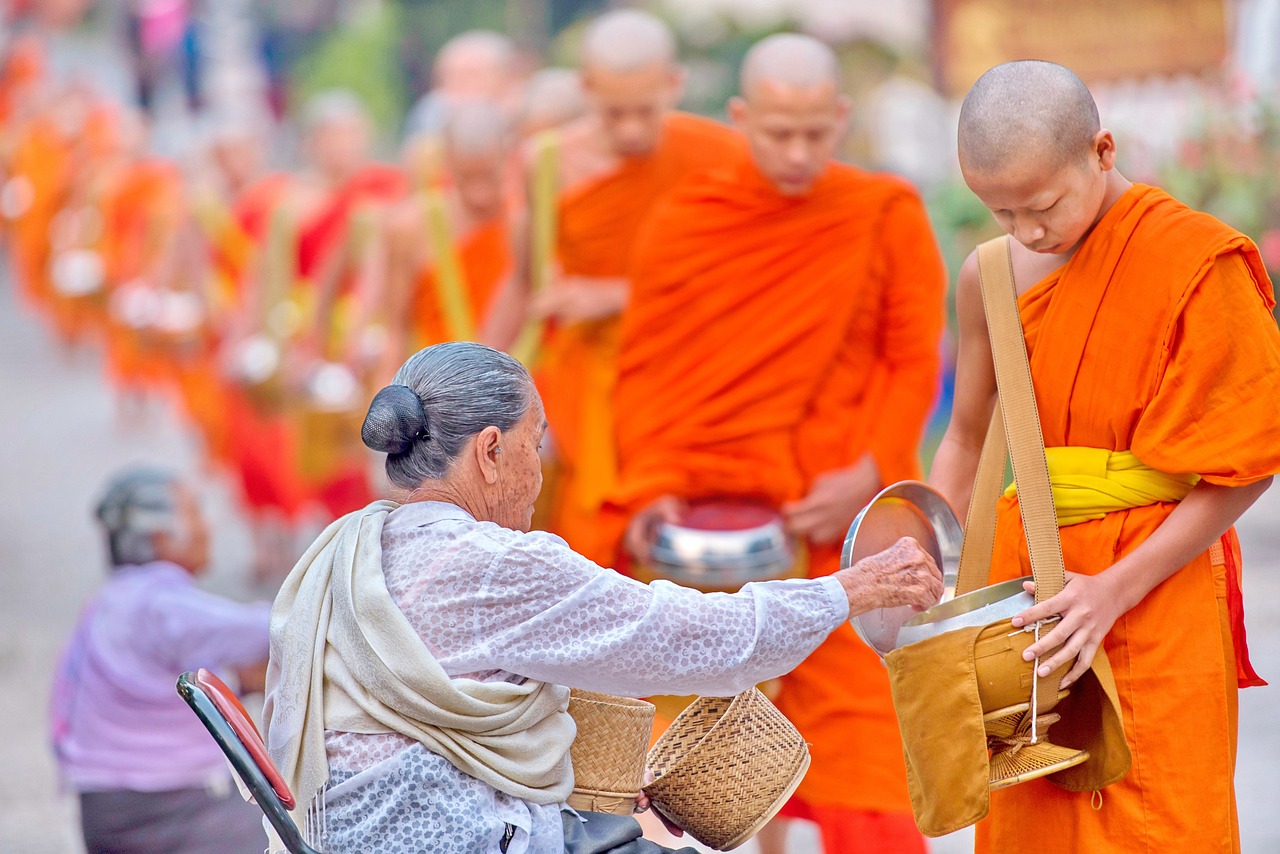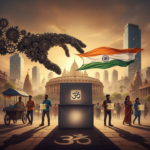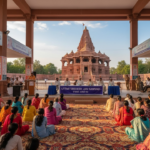
The Disconnect Between Personal Beliefs and Community Practices: A Generational Divide
- admin
- October 12, 2025
- Opinion & Analysis, Philosophy
- 0 Comments
New Delhi – In an era of rapid social and digital transformation, India’s younger generations are increasingly questioning the age-old traditions and practices of their communities. Armed with social media and access to diverse perspectives, they are challenging the rigid structures of collective rituals, often clashing with the expectations of older generations. This growing rift between personal beliefs and communal practices raises a critical question: Is faith in India evolving into a more individualistic experience, or are we losing the collective identity that once defined us?
Social Media: The Stage for Modern Spirituality
Platforms like Instagram, TikTok, and YouTube have become tools for self-expression and activism, allowing young people to voice their discontent with outdated norms.
- Reels Redefining Rituals
- Viral reels questioning gender inequality in religious practices or caste-based exclusions are gaining traction. Hashtags like #BreakTheNorm and #FaithOnMyTerms have amplified conversations about personal spirituality versus traditional expectations.
- A 2023 report by Pew Research Center revealed that 57% of Indian youth actively use social media to critique or reinterpret religious practices, signaling a shift in how faith is publicly discussed.
- Performative Devotion
- Social media has also blurred the lines between genuine devotion and performative faith. Festivals like Diwali and Ganesh Chaturthi are increasingly showcased through curated Instagram posts and viral trends, turning acts of worship into moments for online validation rather than introspection.
Personal Beliefs Challenging Collective Norms
Younger generations are rethinking what faith means to them, often prioritizing individuality over communal conformity.
- Questioning Tradition
- Practices such as arranged marriages, fasting, and gender-specific roles in rituals are under scrutiny. A 2022 survey by the Indian Council for Social Science Research found that nearly 50% of urban youth believe community-driven rituals feel outdated and irrelevant to their personal beliefs.
- Conflicts Within Families
- Generational disagreements are becoming more pronounced, with younger individuals resisting traditions they see as restrictive or regressive. For instance, many are opting out of community-organized celebrations, instead focusing on personalized acts of faith.
Community Practices Under Pressure
For many communities, the preservation of tradition is seen as essential to cultural identity. However, this resistance to change often alienates younger generations.
- Resistance to Modernization
- Community elders argue that collective rituals, such as joint pujas and festive processions, foster unity and belonging. However, these practices are increasingly viewed as exclusionary by the younger demographic.
- This divide has led to a decline in participation in communal events, with younger generations often opting out of activities they perceive as irrelevant.
- Gatekeeping Traditions
- Religious leaders and community heads frequently resist changes, dismissing calls for reform as disrespectful to heritage. This rigidity has widened the gap, pushing many toward individualized spiritual paths.
Public vs. Private Expressions of Faith
The tension between personal beliefs and community practices is most evident in highly personal decisions, such as interfaith relationships and selective participation in rituals.
- Interfaith Marriages
- Despite constitutional freedoms, interfaith couples often face backlash for defying community norms. According to data from IndiaSpend, over 100 cases of harassment against such couples were reported in 2022, reflecting the friction between individual choices and societal expectations.
- Selective Rituals
- Many individuals now attend only those community events that align with their personal values, highlighting the growing shift from collective tradition to selective participation.
A Path Toward Reconciliation
The growing disconnect between generations and communities highlights the urgent need for dialogue and reform.
- Bridging the Divide
- Intergenerational conversations can foster mutual understanding, enabling communities to adapt practices to modern values without losing their essence.
- Evolving Rituals
- Community leaders must embrace reforms, such as gender-inclusive worship and sustainable celebrations, to make traditions more relevant to contemporary life.
Conclusion
The conflict between personal beliefs and community practices is a reflection of broader societal changes in India. As younger generations challenge long-standing traditions, the nation faces a crossroads: Will communities evolve to embrace individuality, or will the divide deepen?
In navigating this complex landscape, India must balance preserving its rich heritage with fostering an environment where personal beliefs are respected. The future of faith may depend on our ability to reconcile these differences.



